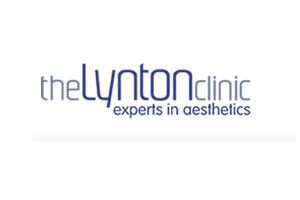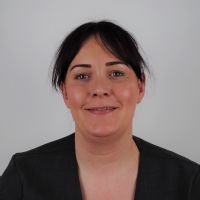Botulinum Toxin
View More InformationFrom £175
Cellulite Treatment (Mechanical Massage)
View More InformationFrom £80
Chemical Peels
View More InformationFrom £65
Dermal Fillers
View More InformationFrom £300
Fractional Laser Skin Resurfacing
View More InformationFrom £110
Hydrafacial
View More InformationFrom £95
Laser and IPL Hair Removal
View More InformationFrom £50
Laser and IPL Skin Rejuvenation
View More InformationFrom £75
Laser and IPL Treatment Pigmented/Vascular Problems
View More InformationFrom £75
Laser for Fungal Nail Infection (Onychomycosis)
From £75
Laser Skin Resurfacing
View More InformationFrom £110
Laser Tattoo Removal
View More InformationFrom £65
LED - Acne Treatment & Skin Rejuvenation
View More InformationFrom £60
Light Treatment for Active Acne
View More InformationFrom £60
Medical Skin Needling
View More InformationFrom £395
Radiofrequency For Cellulite & Fat
View More InformationFrom £80
Radiofrequency For Facial Rejuvenation
View More InformationFrom £85
Specialist Skin Creams
View More InformationFrom £30
Sunscreen
View More InformationFrom £30
Ultrasonic Body Contouring
View More InformationFrom £80 per session
Ultrasonic Skin Tightening
View More InformationFrom £80 per session
Extra Treatments
We offer Dermatology treatments with Dr Nicole Chang. These apppointment are given following a Clinician Consultation who will then refer you onto Dr Nicole.
Treatments include Abblative C02 fractional Laser and Rhinophyma treatment.
3JUVE ®
View More InformationDermalux ™ Tri-Wave LED
View More InformationProMax Lipo
View More InformationBody Contouring
View More InformationCellulite
View More InformationComplexion Improvement, Skin Texture Concerns
View More InformationFacial Skin Tightening, Sagging Skin and Jowls
View More InformationFat ( Love Handles, Saddle Bags, Muffin Tops )
View More InformationFungal Nail Infection ( Onychomycosis )
Hair Removal ( Hirsutism )
Hand Rejuvenation
Melasma (Chloasma)
View More InformationPigmentation ( Age Spots, Brown Spots )
View More InformationRosacea
View More InformationScarring ( Acne, Keloid, Atrophic Scars )
View More InformationStretch Marks ( Striae )
View More InformationTattoo Removal
View More InformationThread Veins or Spider Veins
View More InformationVascular Abnormalities ( Angiomas, Port Wine Stains )
Not sure which treatment is right for you? Our experts can advise:





